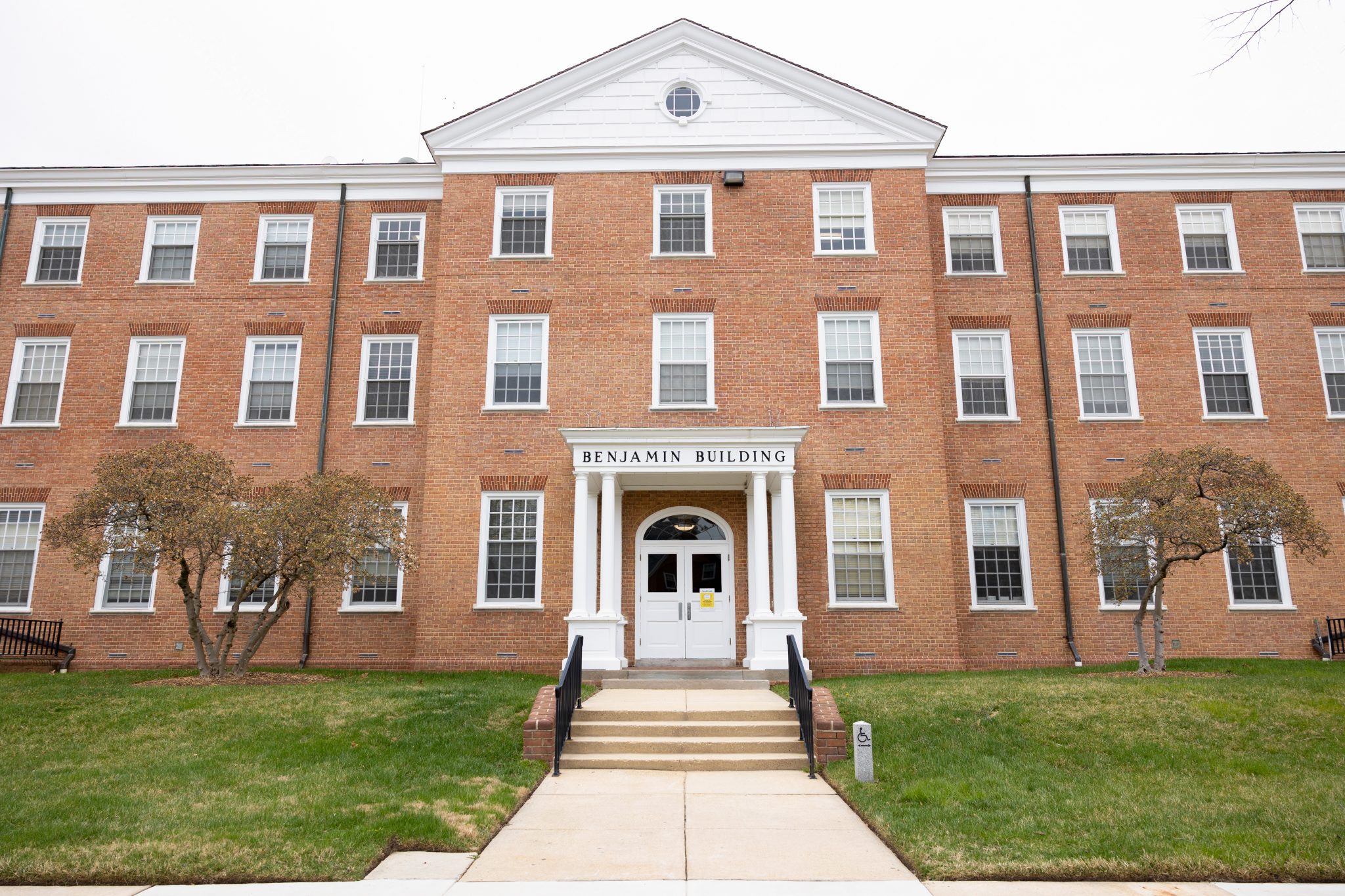Despite a national decline in people pursuing education as an area of study, the number of students enrolled in the University of Maryland’s education college has been growing steadily throughout the COVID-19 pandemic.
And some students pursuing a career in education at this university have experienced firsthand how the pandemic changed not only the field of education, but their outlook on their own careers as well.
The COVID-19 pandemic caused the education system to be “turned on its side,” said Patricia Alexander, a distinguished university professor in the human development and quantitative methodology department at this university’s education college.
Alexander said faculty in the college have been working to adjust to the new normal in classrooms.
In a fall 2021 American Association of Colleges for Teacher Education survey, 20 percent of institutions reported the COVID-19 pandemic resulted in a decline in new undergraduate enrollment of 11 percent or more in both fall 2020 and fall 2021.
The same survey found that 13 percent of respondents reported significant declines in the number of new graduate students in fall 2021.
But the number of full-time undergraduates enrolled in this university’s education college grew 8.5 percent between fall 2020 and fall 2021, according to 2021 data from the university’s institutional research, planning and assessment office.
[Students, faculty reflect on changes to diversity general education requirements]
Dr. Ebony Terrell Shockley, executive director of teacher education and associate clinical professor at this university, said the education college at this university is preparing students to work in a world that embraces hybrid spaces by giving students the opportunity to be mentored by teachers who teach completely online and giving students the resources to operate ethically in a digital environment.
While there is fear when going into any career, Terrell Shockley said because education students have experienced online learning for themselves and have sufficient opportunities to learn how to teach in online and hybrid environments, this helps them think about what learning is like for other age groups and actually “drives the desire to teach” among students studying education.
Talia Mason is pursuing her masters in education and is in this university’s Masters Certification Program. She said before she was at this university, she got her Masters of Fine Arts in experimental choreography from University of California Riverside, where she also prepared students for a dance performance.
The day before Mason’s students’ final performance was scheduled, she got the email that the event would be shut down due to COVID-19.
“I finally got them to the point where they were not scared about having to dance in front of people,” Mason said. “I was so disappointed.”
While the pandemic has affected many aspects of teaching, including making the job search more difficult, Mason said, she encourages students pursuing a career in education, and that even if they’re frustrated, “Don’t give up,” because “the little stuff,” such as helping a student discover something new and watching the “cog click into place,” is what matters, she said.
“People make it worth it. Like the kids, the students, the human beings,” Mason said.
[Five UMD students commit to teaching in underserved areas this fall]
Others, such as Carly Holmes, a senior history major and education minor, switched out of the education college during the fall 2021 semester because teaching was “too much.”
While Holmes said she still hopes to work in education in some form, whether in nonprofit work or student affairs on the higher education level, she said the idea of having a passion only for teaching is what may be hurting the field.
“People see education as a passion and as passion alone, and in the end … it’s not just a passion. It can’t be just a passion,” Holmes said. “It’s also a career, and if people aren’t … supporting teachers, and giving them what they need … That passion is going to leave. Passion alone isn’t going to keep people in a job.”
Holmes said she hopes to see the field of education maintain more people, especially people of color and men, in the future. She said she wants to continue to advocate for this, even though she won’t be teaching in K-12 schools.
Education and teaching as a profession has gained status over the pandemic, Alexander said, because people, especially parents and siblings, had to become ‘pseudo-teachers’ during the pandemic when students were primarily learning at home.
“And you realize it’s not at all as simple as it looks on the surface,” Alexander said. “And so I think there was an appreciation for the complexity of teaching, the importance of teaching and the value … that teachers play in societies.”



